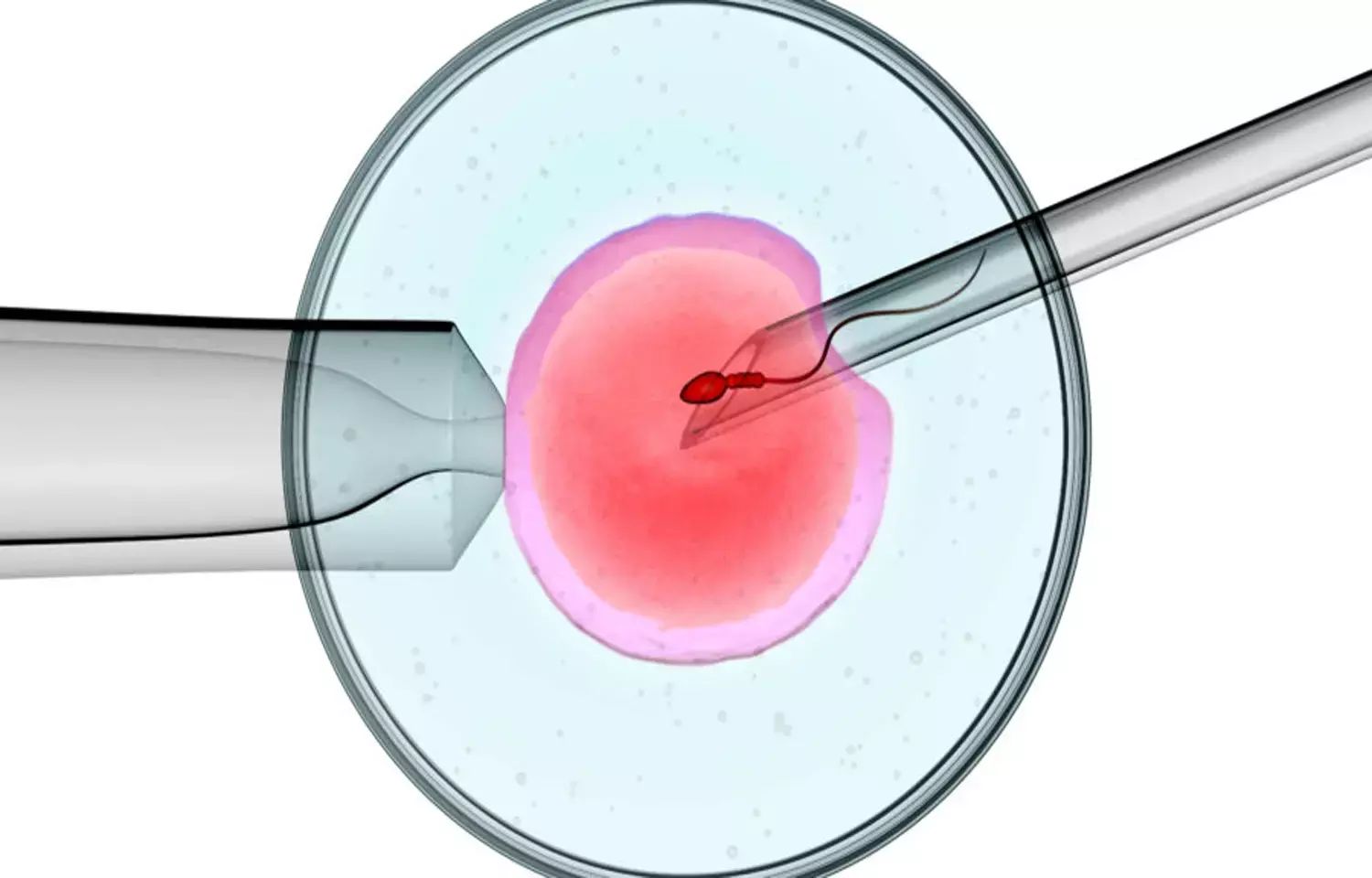- Home
- Medical news & Guidelines
- Anesthesiology
- Cardiology and CTVS
- Critical Care
- Dentistry
- Dermatology
- Diabetes and Endocrinology
- ENT
- Gastroenterology
- Medicine
- Nephrology
- Neurology
- Obstretics-Gynaecology
- Oncology
- Ophthalmology
- Orthopaedics
- Pediatrics-Neonatology
- Psychiatry
- Pulmonology
- Radiology
- Surgery
- Urology
- Laboratory Medicine
- Diet
- Nursing
- Paramedical
- Physiotherapy
- Health news
- Fact Check
- Bone Health Fact Check
- Brain Health Fact Check
- Cancer Related Fact Check
- Child Care Fact Check
- Dental and oral health fact check
- Diabetes and metabolic health fact check
- Diet and Nutrition Fact Check
- Eye and ENT Care Fact Check
- Fitness fact check
- Gut health fact check
- Heart health fact check
- Kidney health fact check
- Medical education fact check
- Men's health fact check
- Respiratory fact check
- Skin and hair care fact check
- Vaccine and Immunization fact check
- Women's health fact check
- AYUSH
- State News
- Andaman and Nicobar Islands
- Andhra Pradesh
- Arunachal Pradesh
- Assam
- Bihar
- Chandigarh
- Chattisgarh
- Dadra and Nagar Haveli
- Daman and Diu
- Delhi
- Goa
- Gujarat
- Haryana
- Himachal Pradesh
- Jammu & Kashmir
- Jharkhand
- Karnataka
- Kerala
- Ladakh
- Lakshadweep
- Madhya Pradesh
- Maharashtra
- Manipur
- Meghalaya
- Mizoram
- Nagaland
- Odisha
- Puducherry
- Punjab
- Rajasthan
- Sikkim
- Tamil Nadu
- Telangana
- Tripura
- Uttar Pradesh
- Uttrakhand
- West Bengal
- Medical Education
- Industry
Intracytoplasmic sperm injection in non-severe male infertility fails to improve outcomes: Study

A recent study conducted across ten reproductive centers in China suggests that the widely-used fertility treatment known as intracytoplasmic sperm injection (ICSI) may not provide better outcomes than conventional in-vitro fertilization (IVF) in cases of non-severe male infertility. The findings published in The Lancet journal are expected to influence clinical practices and patient choices by emphasizing the importance of tailoring fertility treatments to specific medical profiles.
ICSI was introduced in 1992 and was initially designed to overcome severe male infertility by directly injecting a single sperm into an egg. This method has become a common procedure throughout the globe, for severe cases and for a broader range of fertility issues, including non-severe male infertility.
The multicenter, open-label, randomized controlled trial enrolled a total of 2,387 couples dealing with non-severe male infertility. These couples were without any prior history of poor fertilization issues and were randomly assigned to undergo either ICSI or conventional IVF. The primary focus of the study was the live birth rate after the first embryo transfer.
After several screening and adjustments that included the exclusion of ineligible participants or those who withdrew consent, this study analyzed outcomes for 1,154 couples in the ICSI group and 1,175 in the conventional IVF group. The results observed from April 2018 to November 2021 revealed that the live birth rates were quite similar between the two groups. Also, 33.8% of the couples in the ICSI group and 36.6% in the IVF group achieved live births where the adjusted risk ratio was 0.92, which was not statistically significant (p=0.16).
The research also recorded neonatal mortality that marked slightly higher incidents in the ICSI group (0.2%) when compared to the IVF group (0.1%). This findings raised concerns about the risks associated with the more invasive nature of ICSI, unlike conventional IVF which involves the direct injection of sperm into the egg. Overall, the outcomes of this study advises caution in the routine use of ICSI for couples where male infertility does not reach a severe threshold.
Source:
Wang, Y., Li, R., Yang, R., Zheng, D., Zeng, L., Lian, Y., Zhu, Y., Zhao, J., Liang, X., Li, W., Liu, J., Tang, L., Cao, Y., Hao, G., Wang, H., Zhang, H., Wang, R., Mol, B. W., Huang, H., & Qiao, J. (2024). Intracytoplasmic sperm injection versus conventional in-vitro fertilisation for couples with infertility with non-severe male factor: a multicentre, open-label, randomised controlled trial. In The Lancet (Vol. 403, Issue 10430, pp. 924–934). Elsevier BV. https://doi.org/10.1016/s0140-6736(23)02416-9
Neuroscience Masters graduate
Jacinthlyn Sylvia, a Neuroscience Master's graduate from Chennai has worked extensively in deciphering the neurobiology of cognition and motor control in aging. She also has spread-out exposure to Neurosurgery from her Bachelor’s. She is currently involved in active Neuro-Oncology research. She is an upcoming neuroscientist with a fiery passion for writing. Her news cover at Medical Dialogues feature recent discoveries and updates from the healthcare and biomedical research fields. She can be reached at editorial@medicaldialogues.in
Dr Kamal Kant Kohli-MBBS, DTCD- a chest specialist with more than 30 years of practice and a flair for writing clinical articles, Dr Kamal Kant Kohli joined Medical Dialogues as a Chief Editor of Medical News. Besides writing articles, as an editor, he proofreads and verifies all the medical content published on Medical Dialogues including those coming from journals, studies,medical conferences,guidelines etc. Email: drkohli@medicaldialogues.in. Contact no. 011-43720751


